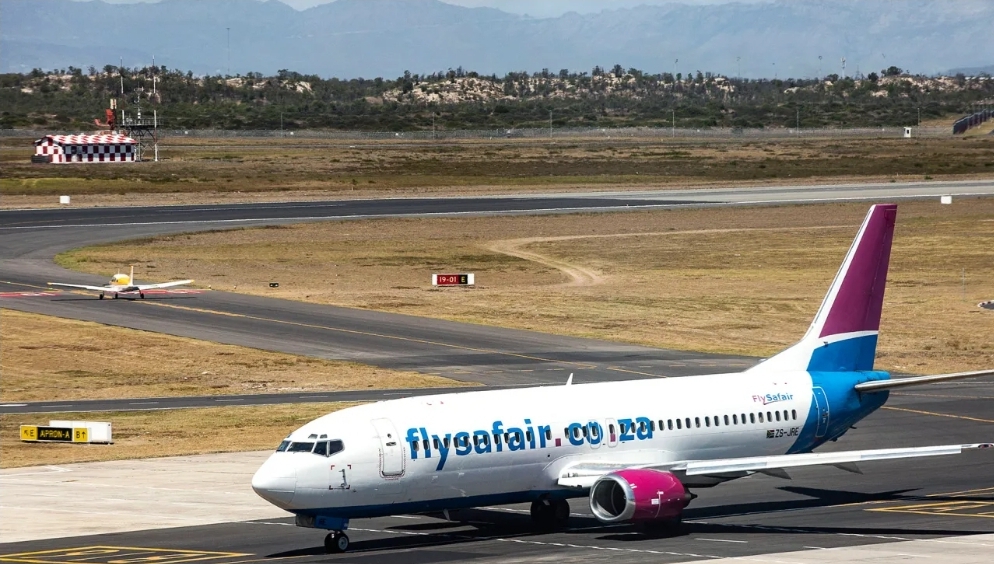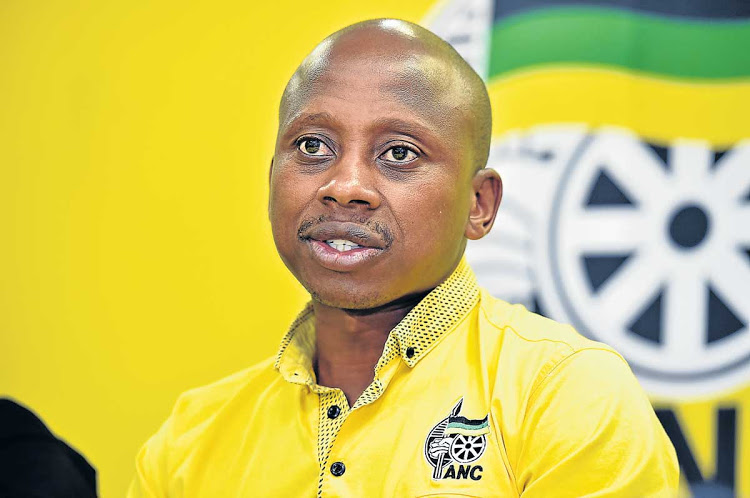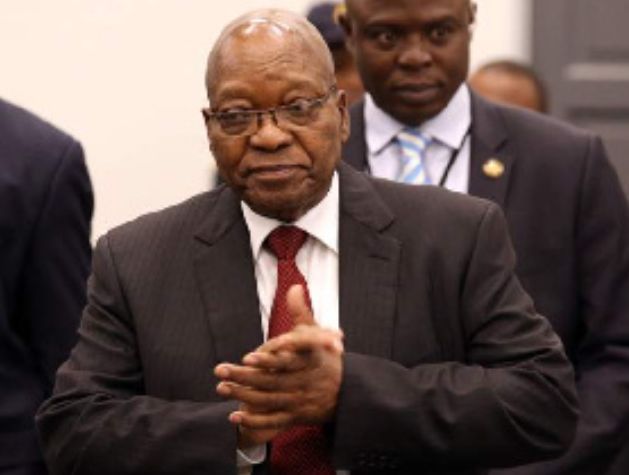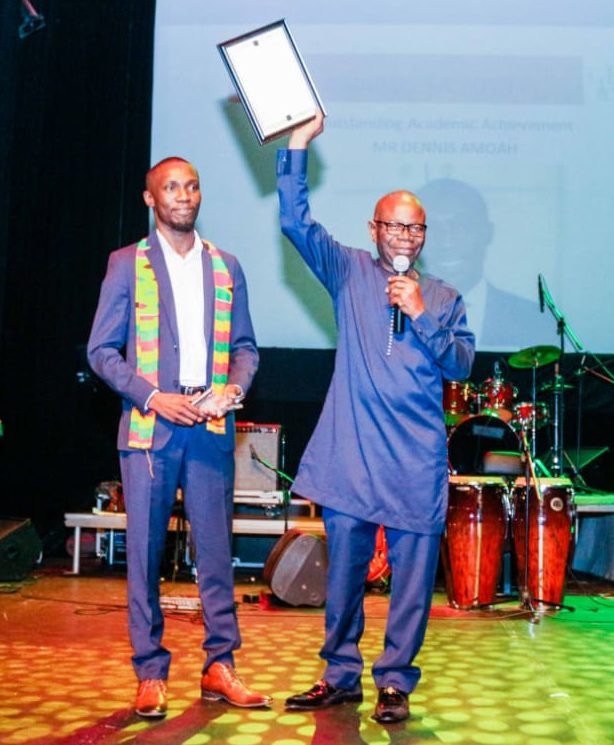FlySafair competitors push for its aviation licence to be suspended over alleged foreign ownership

The answer — from the vantage point of FlySafair’s competitors — is a resounding yes.
FlySafair has managed to run a slick business over the past decade, operating in an aviation market in which margins and profits are shrinking like economy-class legroom.
Even investment doyen Warren Buffett is not prepared to pour money into airline stocks because the travel industry remains in a precarious position, guzzles capital and is intensely regulated and competitive (airfare price wars have been seen in South Africa).
However, market forces have also led to FlySafair morphing into a big airline. At least 11 airlines have been permanently grounded in South Africa since FlySafair started flying in October 2014. More recently, the Covid-19 pandemic was the final nail in the coffin for SA Express, Mango Airlines, Kulula and British Airways in southern Africa. South African Airways emerged as a smaller airline after its operations were rehabilitated under business rescue.
As these market changes unfolded, FlySafair has mopped up the flight capacity left open by the collapse of its competitors, allowing it to increase its market share. However, its competitors believe that FlySafair’s growth is also attributable to an unfair market advantage, which has made it difficult for them to compete with the airline on an equal footing.
Now, FlySafair is under investigation for being predominantly owned (allegedly) by foreign players, which could be in breach of licensing conditions and SA aviation laws.
Aviation companies Airlink and Global Airways (which co-owns the domestic airline Lift) have approached the International Air Services Council and the Air Services Licensing Council, urging the local aviation authority to probe FlySafair’s ownership structure and determine whether it complies with legislation. A company called Safair Operations is believed to be the parent company of FlySafair.
Competitors’ arguments
The central complaint by Airlink and Global Airways, set for hearing on 10 May, is that foreign investors/shareholders predominantly own Safair, thus breaching the Air Services Licensing Act and the International Air Services Act.
The Air Services Licensing Act requires that holders of aviation licences in South Africa have a minimum of 75% local shareholding. In other words, airlines that fly locally are required to be owned by individuals who are “residents” of the country. The 75% requirement also extends to voting rights over how airlines are managed.
The Act was passed by the government to ensure that SA shareholders and investors become custodians of airlines and interests in the aviation industry. The International Air Services Act requires airlines based in the country and flying overseas to have a “substantial” local shareholding. The airline industry has interpreted this to be a minimum of 51%.
Airlink and Global Airways argue that Safair no longer complies with the Air Services Licensing Act because the airline’s voting rights (and by extension, its shareholding structure) are not held by individuals based in South Africa.
Daily Maverick understands that Airlink and Global Airways have detailed the shareholding and voting rights structure of Safair Operations to the International Air Services Council, which they say is as follows: 25% is held by a company called Safair Holdings, 25.14% is held by B4i Safair, and 49.86% is held by a trust.
Daily Maverick also understands that Safair Operations has admitted that 25% of the voting rights held by Safair Holdings are not held by residents of South Africa. Airlink and Global Airways believe that the 49.86% that is held by a trust is opaque. They told SA authorities that the voting rights and economic interests in the trust were not clear, and directors/associated parties of FlySafair are also trustees in the trust, which does not ensure independence.
Airlink and Global Airways believe that the only applicable local ownership of Safair Operations is the 25.14% held by B4i Safair, which falls below the 75% local ownership requirement.
The storm over the ownership of FlySafair/Safair goes back to 2013 when competitors Comair and Skywise dragged it to court. At the time, Safair applied for a licence to run a commercial passenger airline. Comair and Skywise argued that Safair’s Ireland-based owner, ASL Aviation Holdings, did not comply with South African laws about the need to have a local shareholding.
Safair was then forced to change its ownership structure to have local ownership. In doing so, ASL Aviation Holdings created the South Africa-based Safair Investment Trust in which a large shareholding in Safair was controlled by South Africans, including its employees, who were awarded 25% of the company’s shares. This paved the way for Safair’s aviation licence to be granted and for it to be allowed to operate.
In March 2019, the trust was cancelled when ASL Aviation Holdings bought it and acquired its shares. In its financial statements, ASL made the following disclosure:
“Through the acquisition of Safair Investment Trust, ASL acquired additional share capital in Safair Operations and increased its shareholding from 25% to 74.86%. On this date, the group gained control of Safair Operations, ceased accounting for it as an associate, and commenced accounting for Safair Operations as a subsidiary.”
The requested remedy
Airlink and Global Airways have asked the local authority to intervene to force Safair Operations to remedy its shareholding structure to reflect more local owners/shareholders.
The local authority could cancel or suspend Safair’s aviation licence (effectively grounding flights operated by FlySafair) until its shareholding structure is fixed, impose fines or penalties against FlySafair, or give FlySafair more grace (no sanctions) and time to fix its shareholding structure by possibly selling shares in the company to locals.
Airlink and Global Airways want the playing field to be levelled and for the law to equitably apply to all aviation players. They believe that being majority-owned by foreign shareholders gives FlySafair access to international capital that is used by the airline to fund its operations and growth, allowing it to remain competitive.
An industry source told Daily Maverick that other SA airlines should also be allowed to open up their shareholding structure, considering that “international aviation giants such as Emirates and Qatar are keen to invest in local airlines.
“Global investors are prepared to unleash capital into local airlines. However, laws currently prohibit them from doing so. Then the laws should be changed to allow us to attract foreign investors,” the source said.
Kirby Gordon, the chief marketing officer at Safair, said the company believed it was compliant with all ownership-related laws and had been transparent about its ownership structure.
“How our company is constituted is transparent, and the details lie before all parties at the moment. The challenge at hand is for the councils to reaffirm that the structure complies with the regulations that they have before them. I say ‘reaffirm’ because our structure has always, by regulation, been disclosed,” said Gordon, without disclosing Safair’s actual ownership structure or its submissions to the International Air Services Council in response to the complaint by Airlink and Global Airways.
“For the last 10 years, we’ve built an airline doing good, honest business and offering the best possible value to our customers. We want to continue to do so. While we believe that we are compliant with all requirements, we’re also happy to make any adjustments needed to bring all parties comfort so that we can get back to the business of offering a world-class air travel solution,” he said.





